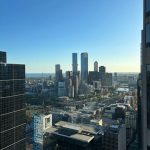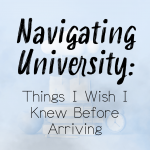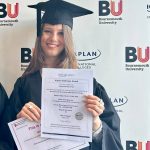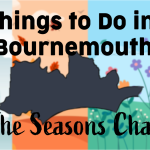Within Archaeological and Forensic Sciences, we study many different aspects from both subjects. They fit together really well, and even though it is not in the title anymore, anthropology is still studied within the course. Within the second year, this course has the largest number of options to choose from, it can be difficult to pick which ones you want to do!
 Within archaeology we study the elements of fieldwork, the many different techniques used within the science of archaeology and we even take part in an actual dig that is run for 5 weeks after the last exam period in year 1. This is where you get to put all the theory that you learnt throughout the year and transferring those skills into practice, where you excavate many of your own features. Within the second and third year you get to choose options allowing you to pursue your areas of interest. For example, as I am in my second year I chose post-excavation which is where you study two of three sections of either; animal bones, illustration or materials. Each have their own lab sessions where you have hands on experience with the large collection of artefacts that BU have.
Within archaeology we study the elements of fieldwork, the many different techniques used within the science of archaeology and we even take part in an actual dig that is run for 5 weeks after the last exam period in year 1. This is where you get to put all the theory that you learnt throughout the year and transferring those skills into practice, where you excavate many of your own features. Within the second and third year you get to choose options allowing you to pursue your areas of interest. For example, as I am in my second year I chose post-excavation which is where you study two of three sections of either; animal bones, illustration or materials. Each have their own lab sessions where you have hands on experience with the large collection of artefacts that BU have.
For the forensic side of things you have lectures covering the many different parts of forensics, including the lab based techniques that you carry out yourself, but also the crime scene element of forensics where you get improve your knowledge by practicing within the dedicated crime scene training facilities. You use all the elements of first year forensics within your second year as you improve and hone the skills learnt. Whether the interest you have is in laboratory work or crime scene investigation you have the opportunity to have a go at both. You also have the chance to pick forensic options including forensic law, case studies within forensic science etc.
This course is incredibly varied and opens up many possibilities. I love it. The lecturers are always there to help and answer any questions that you may have and provide their specialities and their experience to lectures that you wouldn’t find in any text book.
Thank you for reading!








